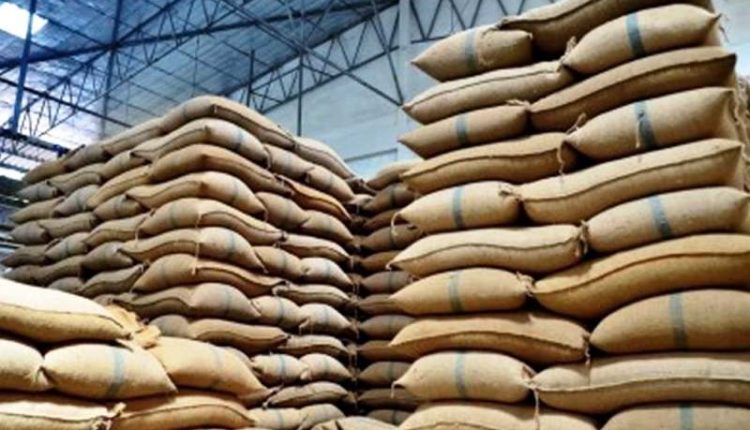LAHORE: Pakistan is facing a growing wheat crisis, with a further rise in flour prices expected in the coming months, according to Khalid Hussain, Chairman of the Pakistan Kisan Ittehad (Farmers’ Union).
Speaking during a private television program, he warned of a worsening situation driven by rising wheat prices across provinces, crop damage caused by floods, and government policy decisions.
He explained that wheat is currently selling for PKR 4,000 per maund in Sindh, PKR 3,900 in Punjab, and PKR 4,500 in Quetta, while the arrival of the new wheat crop is still seven months away.
He cautioned that prices have already begun to rise and are likely to increase even more in the near future, as severe flooding has caused significant damage to farmers and their crops.
Responding to a question regarding government wheat reserves, Hussain challenged the federal minister to debate him publicly at any location of their choice.
He dismissed the government’s claims that wheat prices are stable, asserting that authorities have failed to revise the wheat support price, which remains unchanged despite market fluctuations.
In addition, he criticized the government’s ban on inter-provincial wheat movement, calling it an unfair and damaging measure that worsens the situation for other provinces.
According to a recent report, wheat prices in Karachi have risen sharply over the past few days, with the cost of a 100 kg sack increasing by more than PKR 2,000, jumping from PKR 7,200 to PKR 9,300. As a result, the price of a 50 kg flour bag in Karachi has surpassed PKR 5,000. In Peshawar, a 100 kg sack of wheat now costs PKR 9,800, while in Quetta, the price has reached PKR 9,600. Lahore, Rawalpindi, and Islamabad have also seen price hikes ranging from PKR 900 to PKR 1,000.
Bath stressed that unless the government intervenes promptly with effective measures to stabilize supply and pricing mechanisms, consumers should expect further flour price increases in the coming months.
With the next harvest still months away and existing stocks under pressure, the situation is emerging as a serious challenge for both consumers and the agricultural sector, raising concerns about food security and inflationary pressures nationwide.


Comments are closed.